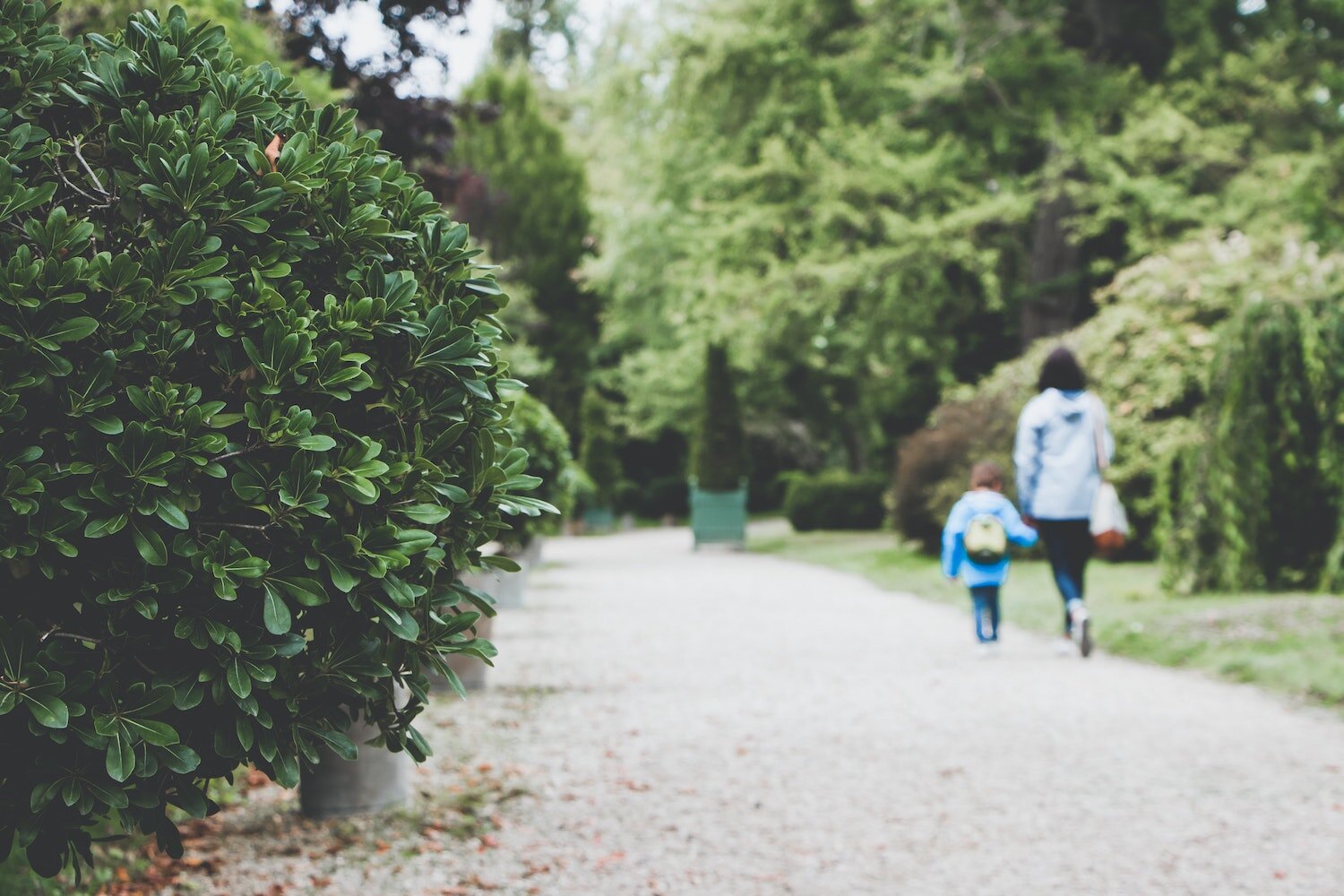I’ve found myself checking my phone, reading the news, and turning on the radio more often lately. Each headline sends a little current of energy through me.
“The virus is spreading… markets are crashing… schools are closed…”
If you’re worried, it’s understandable. There’s panic in the air and anxiety in our bones. And fear is a natural, healthy response to danger.
But how can we resist giving in to overwhelm, letting panicked thoughts take over, or allowing the sirens of the news media infect our mind? We know intellectually that these kinds of reactions don’t help—but how can we actually prevent ourselves from falling under their sway?
The answer begins with an old-fashioned word that seems remarkably relevant today: courage.
The Myth of courage
One of the greatest myths about courage is that it means not feeling afraid. “If I were brave and courageous, I wouldn’t feel anxious, panicked or worried.” But courage isn’t the absence of fear. It’s the willingness to be present and respond in spite of fear.
It means we have the capacity to see clearly and self-soothe during a crisis. It means we have enough balance and wisdom so that we don’t freak out when things go haywire—or, perhaps even more importantly, so we don’t shut off in denial and pretend everything is okay.
Fear is natural
When I was a small child, my mother often brought me with her to run errands or go food shopping. I enjoyed those little trips we would take. It was a sweet opportunity to spend time together, and to try to help out by putting items from her list in the cart or carrying stuff to and from the car.
I remember very clearly one afternoon, waking up in the passenger seat all alone. Mom was nowhere to be found. I panicked and began to cry—full on wailing. I felt so frightened. Where was she? Why did she leave? What was going on?
I was too young to recognize what had happened: I’d fallen asleep while we were driving, and rather than rouse her sleeping son, she had dashed into the store for a few minutes. Of course, eventually, she returned, comforted me, and all was well. But before she did, I was in sheer terror.
“Courage isn’t the absence of fear.
It’s the willingness to be present and respond in spite of fear.”
Meeting Truth with Courage
For all of us alive today, this pandemic is unprecedented. In the midst of such urgent danger, of course many of us are on high-alert. Three of my own loved ones are in very high-risk categories. Two of them are stuck in Rome as I write (and have been for months now). I feel concerned, and I'm in touch with them almost daily.
But I don't feed the fear or let my mind move into panic. This is where all the effort we’ve put into meditation, mindfulness, and wisdom can start to pay off. This is what we’ve practiced for.
It takes courage to be with things as they are. And that’s what meditation teaches. Meditation teaches us how to turn toward and be with the truth of each moment—pleasant or painful. When there’s pain, hardship or discomfort our hard-wired tendencies are to resist: to fight it, to look for someone to blame, to turn and run the other way, or to just shut off altogether and avoid it.
From an evolutionary perspective, the fight-flight-freeze response makes complete sense. It’s adaptive and can keep us alive in extreme circumstances.
But when the threat becomes amplified by our own minds, that evolutionary mechanism can end up making things worse, adding more spin to an already anxious situation.
The first step towards not succumbing to the panic is finding courage. It all begins with a moment of awareness and the possibility of taking a pause. Feel your feet on the ground. Breathe. In this moment, right here and now, are you okay?
Breathing with Fear
It was pouring rain outside during my meditation this morning—blessed rain during this dry California winter. I sat quietly, feeling the firmness of the chair and allowing the patter of the rain to blend with the rhythmic sensations of my breathing. I thought of my parents—one of them across the country, the others half-way around the world—thought of their age and vulnerability. I could feel a shiver of fear and uncertainty move through my heart and limbs. I let it be here, without turning away, without tightening or spinning out on worst-case scenarios. I became aware of the space around me, the drops of water touching the earth outside. With each breath, allowing myself to feel the fear, it slowly started to melt.
It takes courage to turn towards what’s happening. This is possible. It’s available for each and every one of us.
When I was little, I was fortunate to have a mother with enough love and wisdom to soothe me when she found me terrified in the car that one afternoon. Growing up is about more than aging. It’s about having the courage to be here for ourselves when things get hard and we’re frightened. We can each learn to be that steady, loving presence inside for ourselves.
And, when we can meet our own life with courage, we have more discernment, more compassion, and more gifts to share with others.
A version of this article originally appeared in the 10% Happier newsletter.


